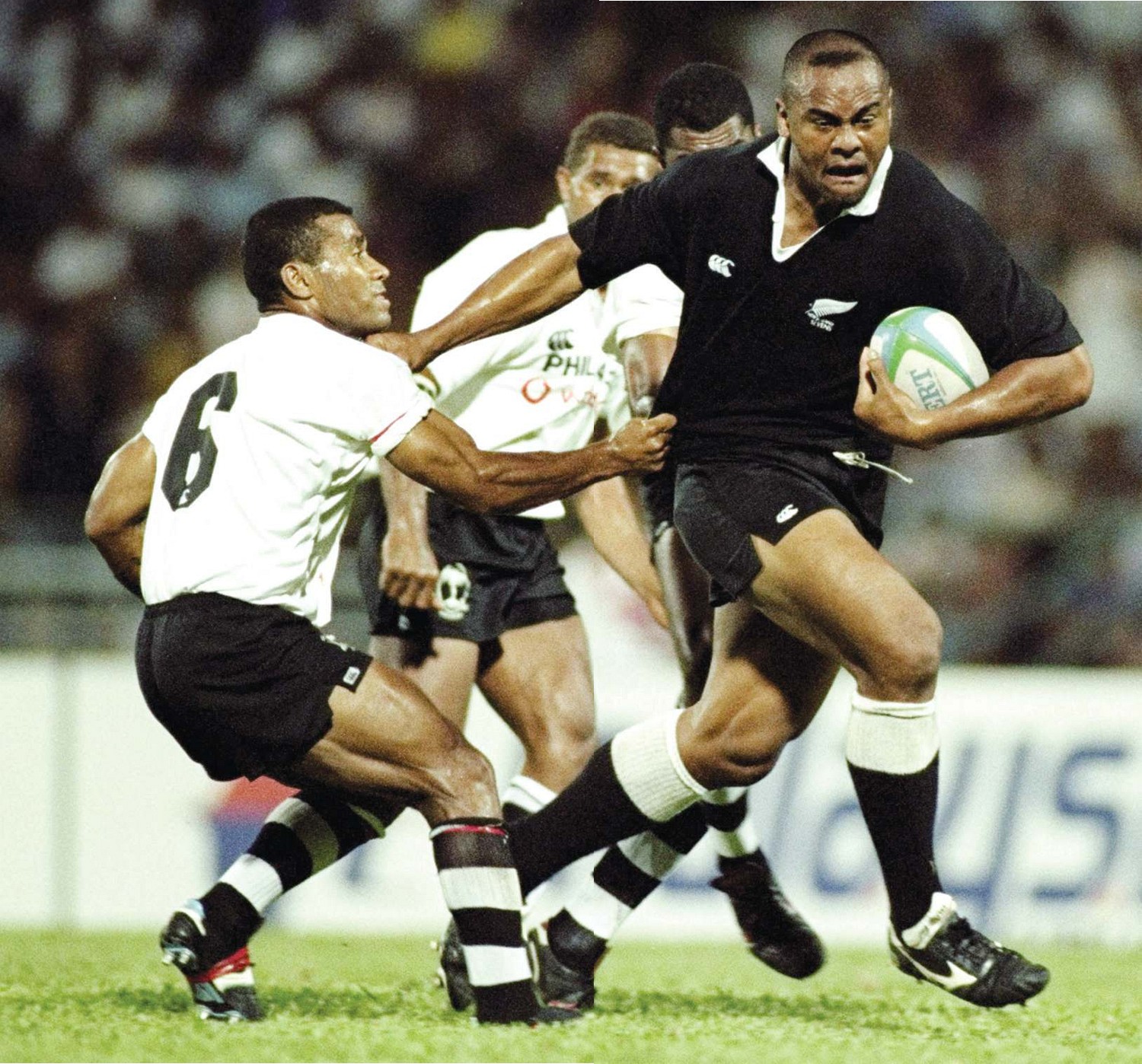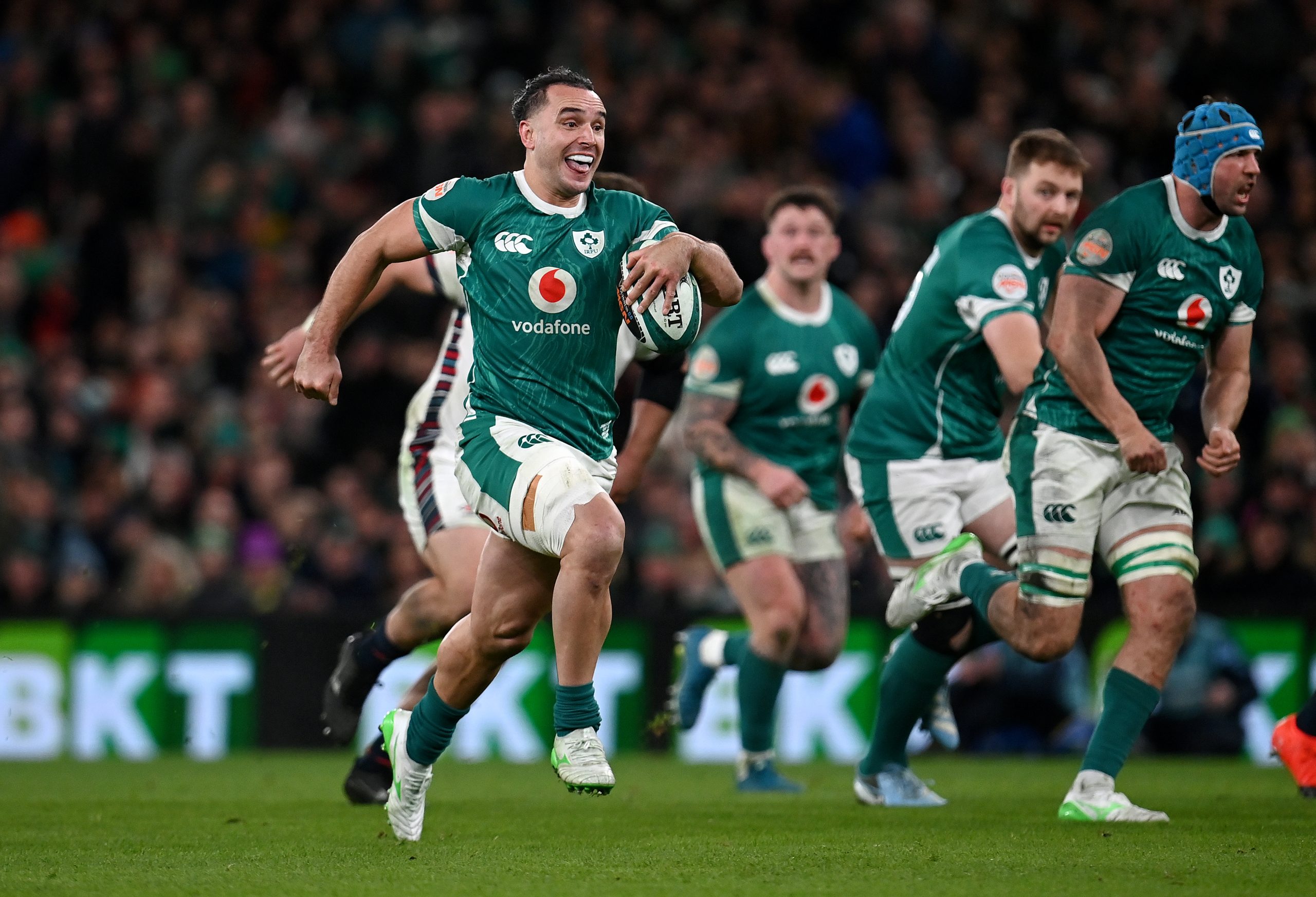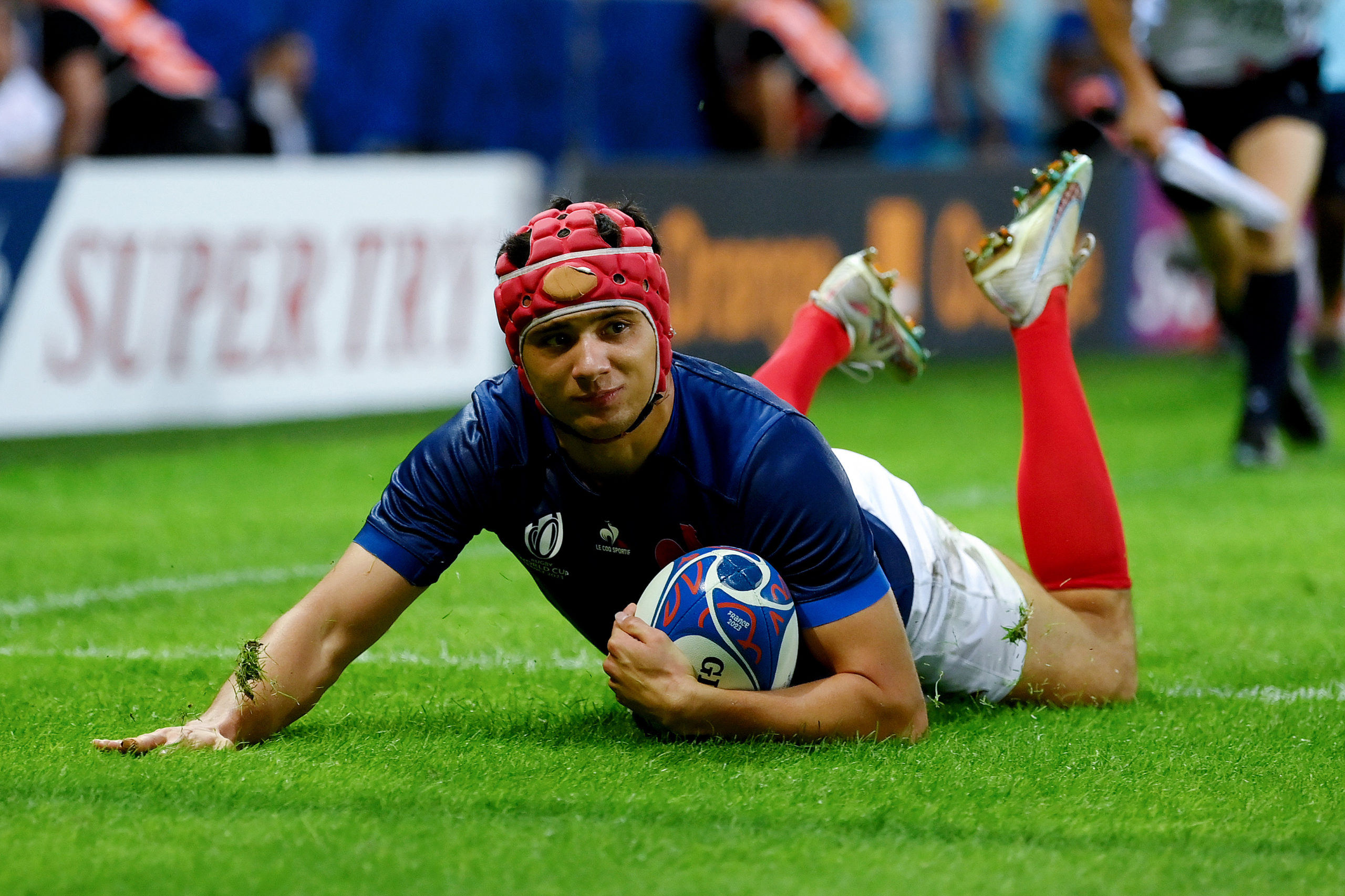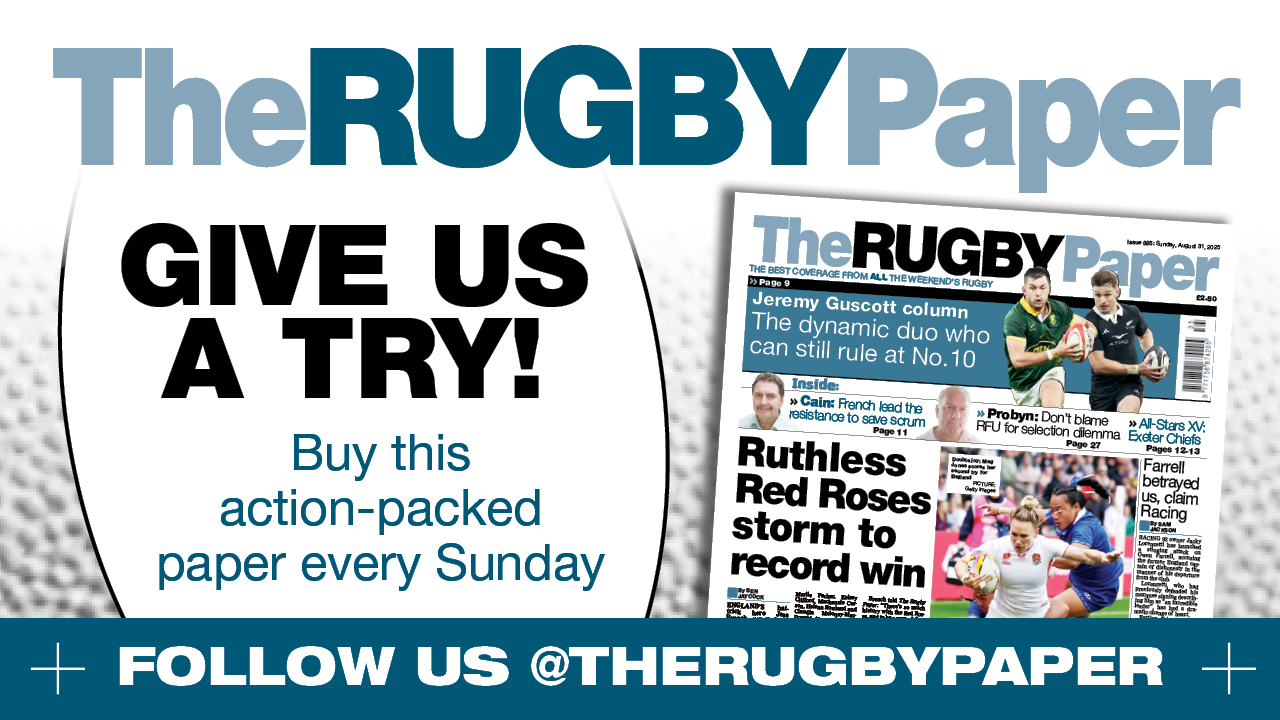Features
Galacticos of ’98 ensured Sevens was here to stay
More in Features
-
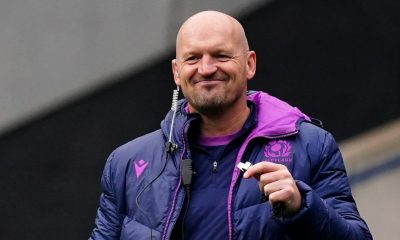

Why this is the best chance Scotland head coach Gregor Townsend has had at Six Nations glory
Just last year, it was announced that Gregor Townsend would continue as Scotland head...
-
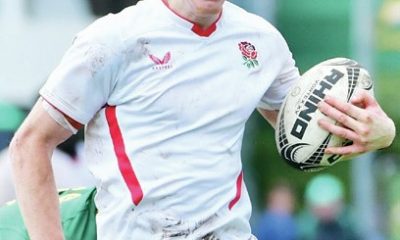

KRYSTOF WOOD
YOUNG GUNS GLOUCESTER WING/FULL-BACK At 6ft 6ins, Krystof Wood does not fit the traditional...
-
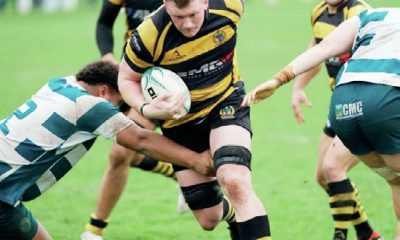

Twickenham will always be special
MY LIFEIN RUGBY FORMER LEEDS, ROTHERHAM TITANS AND NOTTINGHAM LOCK, WHO NOW PLAYS FOR...
-
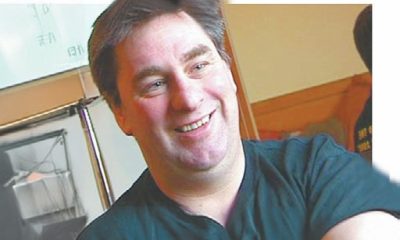

Red Bulls are buzzing now, says Robinson
■By BEN JAYCOCK FORMER Newcastle lock Sean Robinson has been blown away by the...

